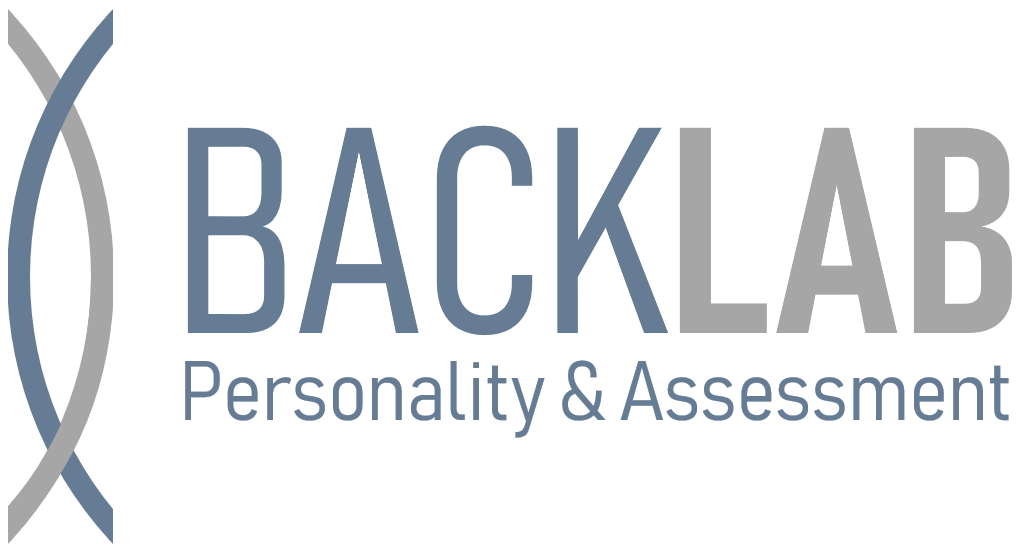Consequences of Self-Knowledge, and Self-Enhancement
Do individuals differ in the degree to which they know their own personality and in how much they enhance their own positive qualities and skills? And do these individual differences matter? Although the question of self-knowledge and self-enhancement has always fascinated the human mind and despite the great value that is placed on correct self-views (“know thyself”), there is still limited insight regarding the reliability, moderators, and consequences of individual differences in personality self-knowledge and self-enhancement. Our team is developing new process models that specify the common social processes underlying different domains of PSK and SE (different “truth” criteria such as behavioral, reputational, or implicit measures; different content domains including intellectual and social personality aspects). These models are used to systematically analyze the moderators (e.g., Who knows oneself? Who is self-enhancing?) and consequences (Are people who know themselves or who self-enhance happier, more successful, or more socially accepted?) of PSK and SE in a variety of longitudinal data-sets and applied contexts. In doing so, we derive and apply extensions of Response Surface Analysis (RSA) that control for common methodological artifacts, provide a straightforward mathematical distinction of relevant concepts, and allow for simultaneous tests of competing hypotheses (e.g., positive self-view vs. self-enhancement vs. optimal margin of illusion vs. self-insight hypotheses).

